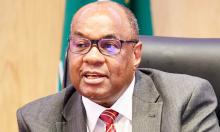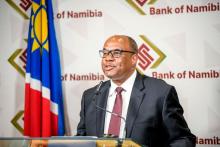Five vocational centres to be upgraded into TVET colleges
Breadcrumb
The Ministry of Education, Innovation, Youth, Sports, Arts, and Culture has appointed a task force to oversee the transformation of five state-owned vocational training centres into vocational colleges, aiming to allow for higher qualifications within the technical and vocational education and training (TVET) sector







